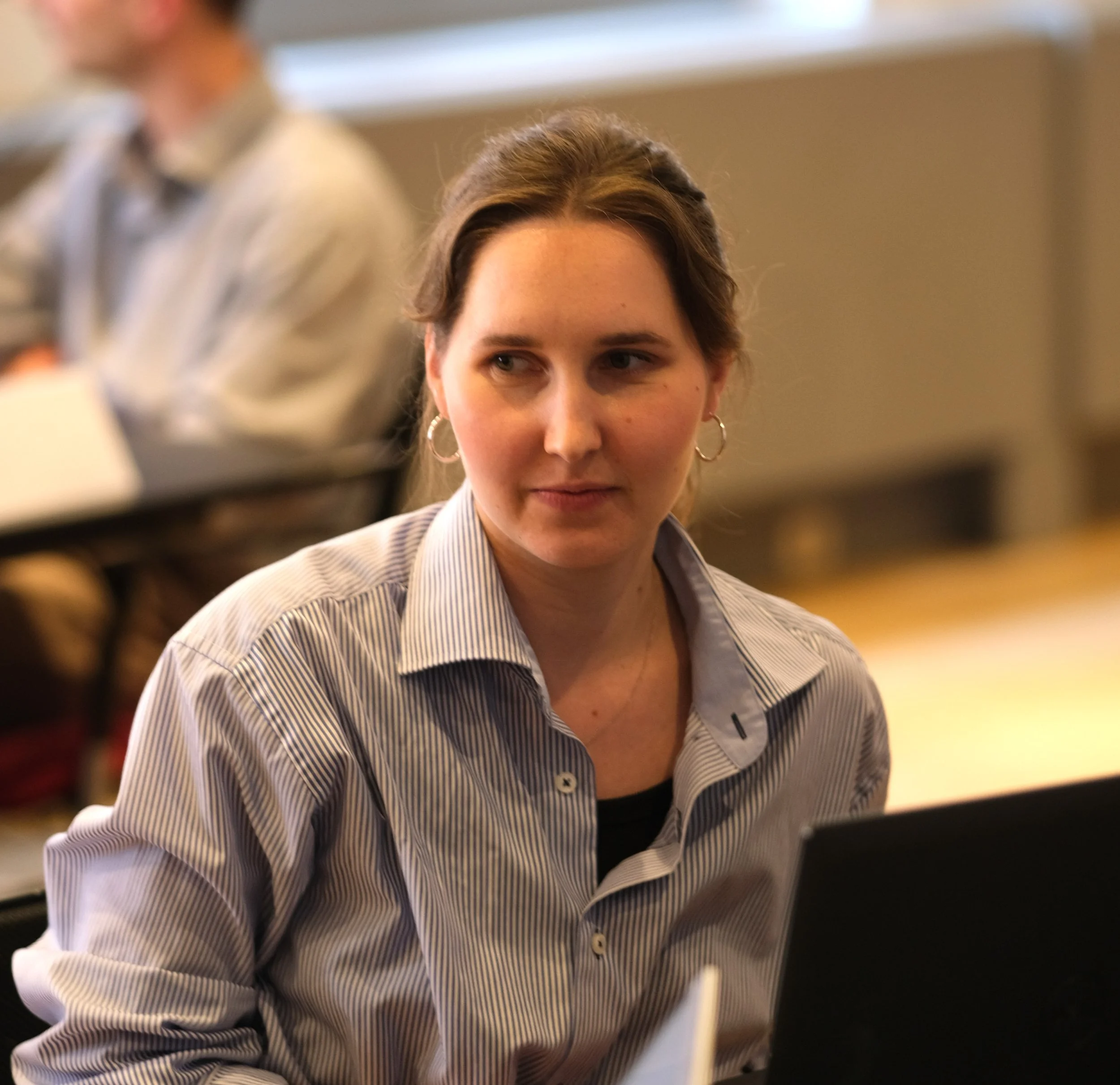“We must act quickly to strengthen EU regulations, or we face serious consequences when it comes to harmful chemicals” - Iiris Lamminmaki - HEAL
Iiris Lamminmaki is the advocacy and campaigns officer for the Health and Environmental Alliance (HEAL), an organisation working to ensure that present and future generations can enjoy a clean environment for long and healthy lives. Iiris advocates for better EU regulations to control and ban harmful chemicals and reduce exposure to these chemicals across Europe.
What does the change you are trying to achieve look like? Why is the EU important?
In 2020 the European Commission published the EU Chemical Strategy for Sustainability towards a toxic-free environment. We want to make sure that it is implemented in a way that protects health. As part of this, we are calling for the EU Commission to finally present a revision of the REACH regulation on chemicals to better protect human health and the environment.
We want to see a ban on the use of dangerous chemicals in consumer products and a reduction of the exposure of people and the environment to these chemicals. We also campaign for the adoption of the Toy Safety Regulation to better protect children from the risks posed by toys - including some harmful chemical substances used in toys -, and for an EU-wide ban on PFAS (per- and polyfluorinated alkyl substances), also known as 'forever chemicals'.
The EU is very important because it harmonises legislation across all EU member states - meaning that harmful chemicals are banned more widely, and people are protected whether they live in Finland or in Bulgaria. The EU also has a leadership role at an international level, influencing change on a global scale.
Which challenges are you facing?
We are often faced with delay tactics and opposition from some parts of the industry. It can be challenging to get the message across to decision-makers that change is possible and that there are safe alternatives to dangerous chemicals used in consumer products.
Decision-making is complex and slow. The processes can lack transparency and political commitments tend to be broken. We cannot accept delays that last many years when it comes to reducing exposure to harmful chemicals. Once science has established that a chemical is harmful, action must be taken quickly. Chemicals, such as the “forever chemicals” PFAS, can persist in the environment , contaminating soil, rivers and drinking water.
One tip you want to share with other public interest advocates?
It is important to be part of an alliance to achieve your goals.
We organise meetings with our members and coordinate with other NGOs and research partners.
Attending events in person is essential to meet people working on the same issues and develop further collaboration.
And of course, be patient!

